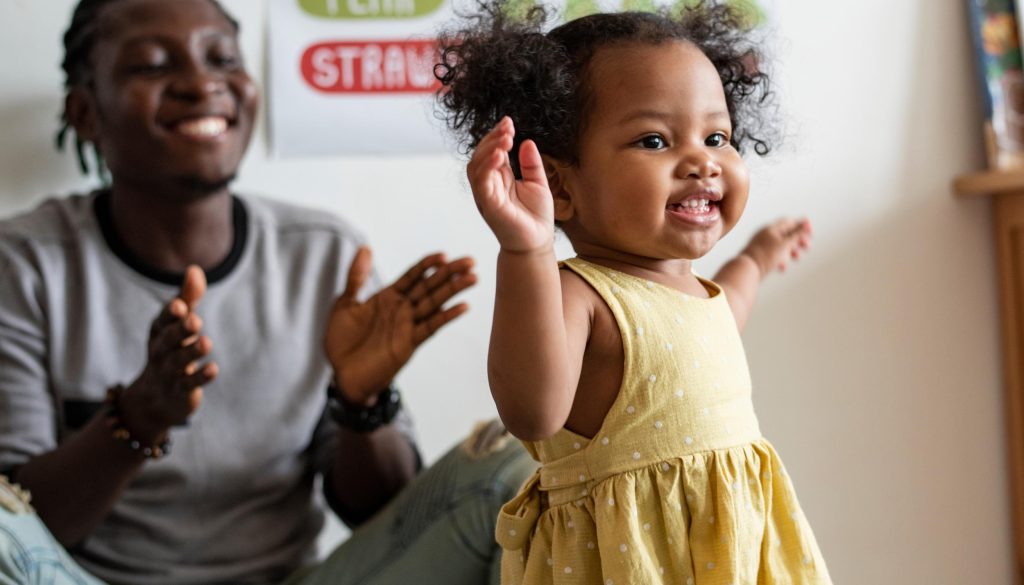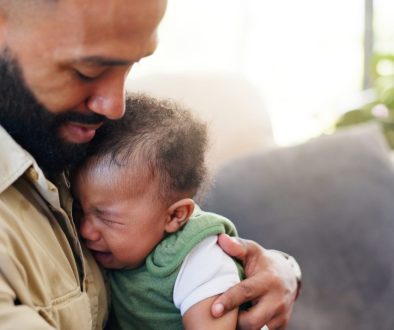Realistic Expectations

Social and cultural expectations around child behavior are often not grounded in the science or psychology of child development. This means that often there is a discrepancy between what children can realistically do at their current stage of development and what we (sometimes unrealistically) expect them to be able to do.
As a caregiver, you might feel that if your child isn’t meeting specific physical or emotional standards or expectations of behavior (e.g., sleeping on their own, emotional regulation, cooperation, independence) that you are somehow failing as a parent and so are your kids.
By normalizing children’s behavior within a developmental context, we may realize that our child’s behavior is actually completely normal.
Some examples of behavior that are often labeled as “bad” but are developmentally normal are:
- Tantrums…
- Lying…
- Refusing to go to sleep and wanting to stay close at nighttime…
- Crying about seemingly small things…
- Separation anxiety and clinginess…
- Resistance to doing simple daily tasks…
- Having opinions that differ from caregivers and expressing those opinions in their own way…
- Being picky about food and textures and not eating or finishing all their meals…
- Making big messes and even breaking things…
- Saying “no!” and objecting to doing certain things or requests…
Of course, behaviors like these may make life more challenging for us, and we might wish things were easier, but just because parenting is sometimes hard, doesn’t mean we – or our little ones – are doing anything wrong.
When we compare social and cultural expectations to the actual research of child development and adjust our expectations of our kids accordingly, our relationship with our kids can get easier even when their behavior doesn’t change (or doesn’t change yet).
If you do have questions or concerns about your child’s development, speak to your family doctor, pediatrician, or child therapist.





